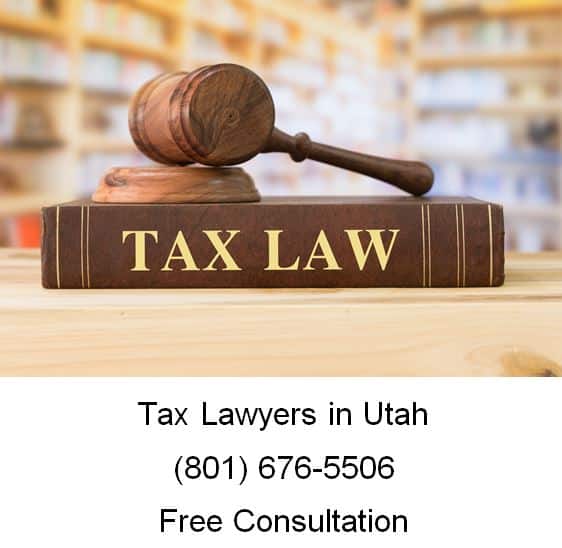
If you own a business that requires you to travel extensively by automobile, you may choose to lease a car instead of putting wear and tear on your personal ride. But if you lease a new car expressly for business purposes, can you deduct the lease payments for the car from your taxes as a business expense? In most circumstances, yes; but the devil’s in the details. The following article will help you better understand how to claim a car lease deduction for your business.
If you lease a new car for use in your business, you will probably be able to deduct the lease payments from your taxes as a business deduction. However, you need to be careful and keep track of all the miles you spend in the car and whether the miles traveled are for business or personal reasons. For example: if you spend 60 percent of the miles traveled in the car on business, and 40 percent for personal use, you can only deduct 60 percent of the lease payments from your taxes as a business expense.
You may read the above and be thinking this is simple, but the U.S. Tax Code never makes life that simple. This is something that does change from time to time in the tax code, so you should always check with a tax lawyer to make sure this information – when you are reading it – is up to do. Also, if you needed to make a down payment on the car before driving it off the lot, you cannot simply deduct this down payment from your taxes right away. Instead, the deduction for the down payment must be spread over the life of the car. In addition, you may have to reduce the amount of lease payments you claim as business expenses if your car lease is more than the annual limit. You will probably want to hire a tax person to help you prepare your taxes if you are planning on claiming a car lease tax deduction.
As a business, you have two options for how you determine the amount of your car lease tax deduction: either by calculating actual expenses or by using the standard mileage rate. For instance, the rate for the 2016 tax year is 54 cents per mile. But if you choose this route, you must use it for the entire length of the lease period, including renewals. In order to use the standard mileage rate, however, you must meet the following six items.
(1) You must not operate five or more cars at the same time, as in a fleet operation; (2) You must not have claimed a Section 179 deduction on the car; (3) You must not have claimed actual expenses after 1997 for a car you lease; (4) You must not have claimed a depreciation deduction for the car using any method other than straight-line; (5) You must not have claimed the special depreciation allowance on the car; and (6) You can’t be a rural mail carrier who received a qualified reimbursement.
In order to claim actual expenses, you will need to calculate the actual cost of owning and operating the vehicle (the portion used for business). This would include gas, oil, repairs, tires, insurance, registration fees, licenses, lease payments, and any other valid expenses.
Tax Lawyer Free Consultation
When you need help with a tax or business matter, call Ascent Law for your free consultation (801) 676-5506. We want to help you.
8833 S. Redwood Road, Suite C
West Jordan, Utah
84088 United States
Telephone: (801) 676-5506

